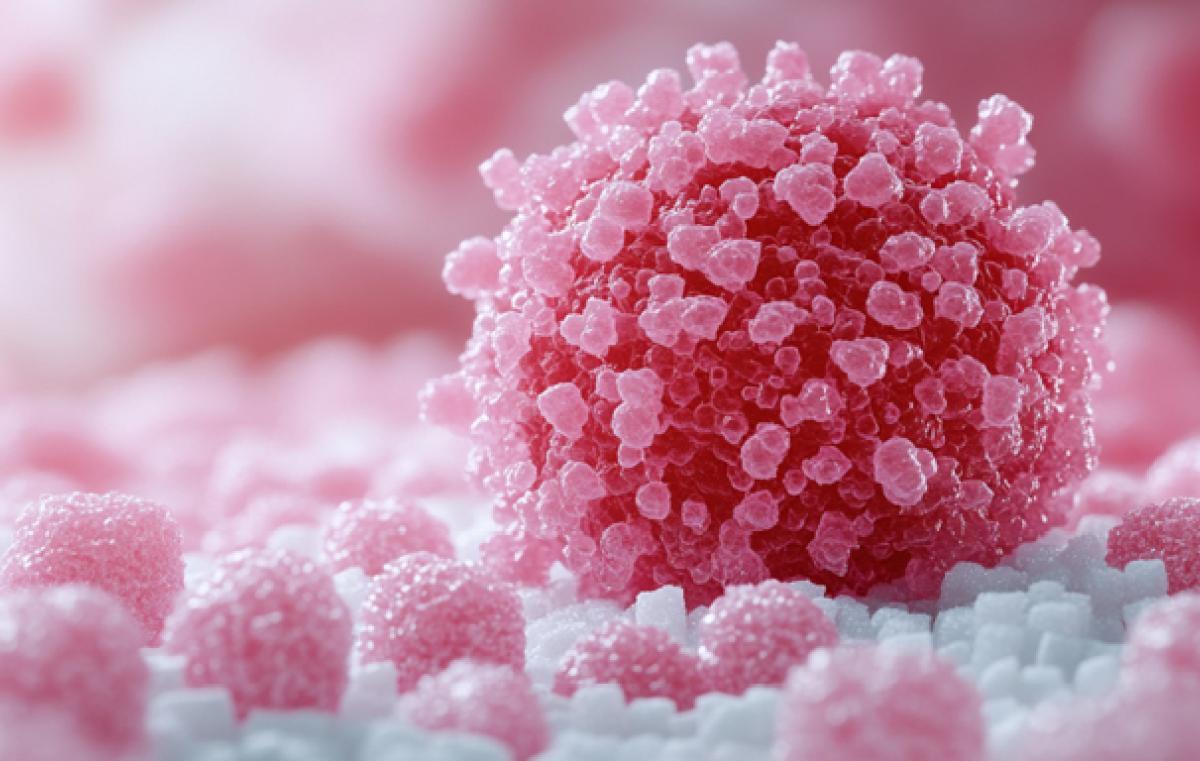Fighting Cancer by Targeting Its Sweet Tooth
Cancer cells are hungry for sugar - so hungry that they steal it from healthy cells in our body. Now, a medical research finds a clever way to use this sugar-stealing habit against cancer itself

Cancer cells are notorious for their insatiable hunger for sugar—so much so that they steal it from healthy cells, including the body's own immune defenders. But now, medical research has uncovered a way to turn this sugar-stealing habit against cancer itself, potentially leading to more effective treatments.
The Challenge: Cancer vs. the Body’s Natural Defenses
Our immune system relies on T cells—specialized defender cells that attack cancer. However, these T cells need energy to function, and that energy comes from sugar. The problem? Cancer cells hoard most of the available sugar, leaving T cells weakened and unable to fight effectively.
A Medical Research Innovation: Boosting T Cells to Outcompete Cancer
Professor Cyrille Cohen and his team at Bar-Ilan University's Faculty of Life Sciences have developed an innovative approach to address this problem. They modified T cells to better compete for sugar, essentially giving them an energy advantage. By mimicking cancer cells' own sugar-stealing strategies, these upgraded T cells became stronger, more energetic, and more effective in attacking tumors.
Promising Results and Future Potential
Lab tests and studies on mice with human cancer cells showed impressive results: these enhanced T cells outperformed regular ones in fighting cancer. This discovery could pave the way for new cancer treatments that work by strengthening the body's natural defenses rather than relying solely on external therapies like chemotherapy.
The Pros and Cons of This Approach
This medical research breakthrough offers significant advantages. By leveraging the body's own immune system, this method could lead to more targeted and less toxic cancer treatments compared to conventional therapies. Additionally, it opens new possibilities for treating various types of cancer by adapting T cells to different metabolic environments.
However, challenges remain. Scientists need to ensure that these modified T cells do not become overly aggressive, potentially leading to autoimmune issues. Additionally, scaling this technique for widespread clinical use requires further testing to confirm its long-term safety and effectiveness.
The Future of Cancer Treatment
Supported by the Adelis Foundation and the Israel Science Foundation, this research marks an exciting step forward in medical research. While more studies are needed, this discovery could signal a new chapter in cancer treatment—one that uses cancer’s own survival strategy against it, giving patients a better chance at recovery.
Would you like to make an impact on the extensive cancer research taking place at BIU? Click here for more information.